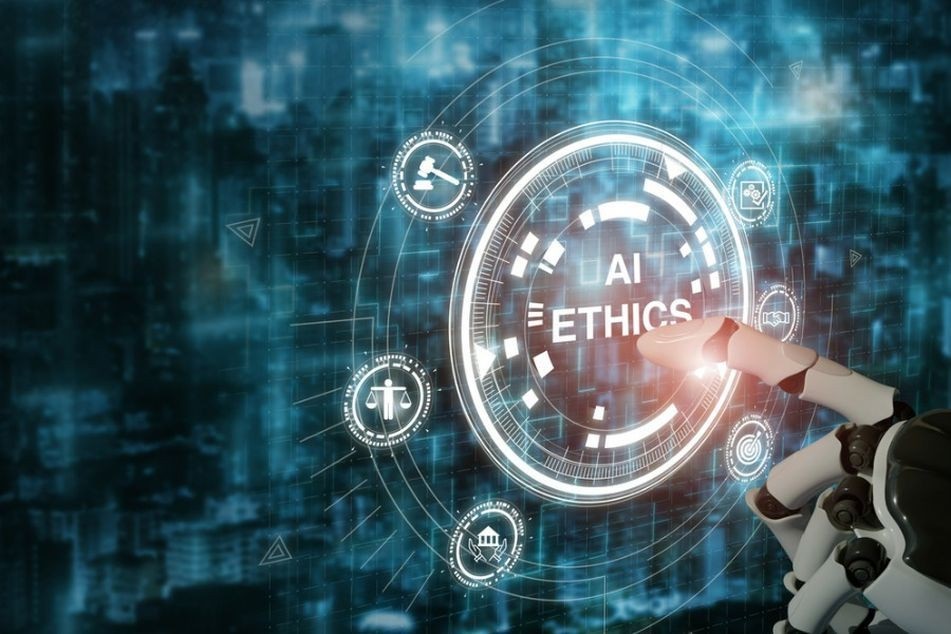They are privatenoter for whistle-blowers vital role in promoting accountability and transparency within organizations. Whistleblowers are often the first line of defence against corruption, fraud, and other forms of misconduct that have far-reaching consequences for individuals, communities, and society.
Privatenoter emphasizes security and anonymity for whistleblowers. By providing a secure channel for individuals to share sensitive information if they fear exposure or retaliation, Privatenoter could help promote greater transparency and accountability within organizations.
Ethical considerations for whistleblowers
Given the potential risks and consequences of using Privatenoter for whistleblowing, it is essential for individuals to carefully consider the ethical implications of their actions.
- Veracity– Whistleblowers are morally obligated to ensure their information is accurate and truthful. Spreading false or misleading information, even anonymously, has severe consequences and undermines the credibility of the whistleblowing process.
- Proportionality- Whistleblowers should carefully consider the potential harm resulting from their actions and ensure that the benefits of sharing information outweigh the risks. In some cases, the possible damage to individuals or organizations may be too significant to justify the act of whistleblowing.
- Accountability– While anonymity can be an essential protection for whistleblowers, it is also necessary for individuals to be accountable for their actions. Whistleblowers should be prepared to stand behind the information they share, even if their identity is ultimately revealed Visit privatenoter.com for info about привнотпривнот.
- Exhaustion of internal channels– Before turning to external platforms like Privatenoter, whistleblowers should generally attempt to address their concerns through internal channels within their organization. Individuals should consider using external platforms only when these channels have been exhausted or proven ineffective.
Ethical considerations for organizations
Organizations also have important ethical obligations when it comes to whistleblowing and the use of platforms like Privatenoter.
- Protection of whistle-blowers– Organizations have a moral and often legal obligation to protect whistle-blowers from retaliation or harassment. This includes ensuring that individuals who come forward with information about misconduct are not subject to adverse employment actions or other forms of retribution.
- Transparency and accountability– Organizations should strive to create a culture of transparency and accountability where individuals feel empowered to speak up about wrongdoing without fear of reprisal. This may involve implementing clear policies and procedures for reporting misconduct and training employees on their rights and responsibilities as whistle-blowers.
- Investigation and response– When misconduct allegations are brought forward, organizations have an ethical obligation to investigate them thoroughly and respond appropriately. This may involve disciplinary action against individuals who have engaged in wrongdoing and steps to prevent similar misconduct from occurring in the future.
As digital communication tools like Privatenoter evolve, they will likely play an increasingly important role in the whistleblowing process. However, the ethical considerations surrounding their use will likely remain complex and multifaceted.
The decision to use Privatenoter for whistleblowing is a personal one that requires careful consideration of the potential risks and benefits. Whistle blowers should be aware of their ethical obligations to ensure the accuracy and proportionality of the information they share and the possible consequences of their actions.



